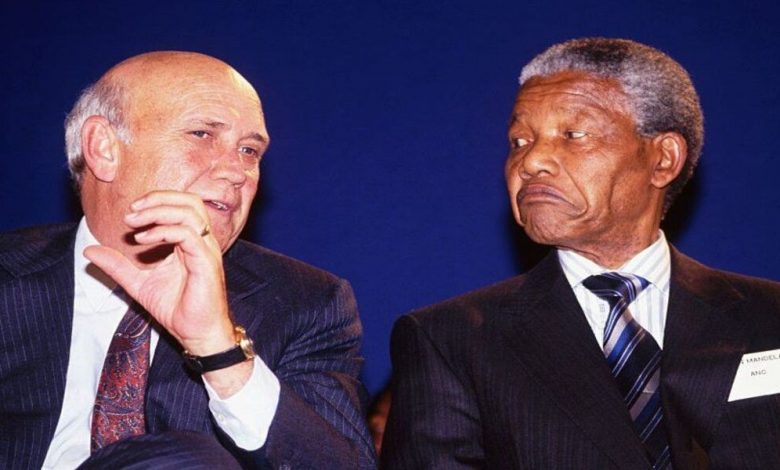
For some South Africans, the recently late FW de Klerk was a brilliant statesman who helped remove the apartheid system he inherited. Yet, for others, he was someone who benefitted much from the same system and deserved to be punished.
De Klerk was South Africa’s final apartheid leader. During his presidency, security officers brutalised Black South Africans calling for Nelson Mandela’s and other leaders’ freedom.
Apartheid was not that long ago, and even today, the wounds it inflicted on South Africa remain open, not least because no one has been charged with the atrocities. Crimes were committed, victims were found, but no offenders were named, much less brought to justice.
Some believe De Klerk could and should have done more to end apartheid, hold his administration accountable for the brutality against black people, and bring him to justice.
The guardians of Nelson Mandela’s legacy, with whom De Klerk shared the Nobel Peace Prize, characterised him as having a “big” but “uneven” legacy.
His death raises uncomfortable concerns about how to reconcile with the fact that apartheid went unpunished.
Lukhanyo Calata of the Fort Calata Foundation is one of those who regret that the perpetrators of apartheid killings are not punished.
“It is sad that yet another apartheid criminal has died without having accounted for the crimes he helped to perpetrate against our humanity,” said Mr Calata, whose father, Fort Calata, was assassinated by apartheid police in 1985 together with Matthew Goniwe and two other men (the Cradock Four).
